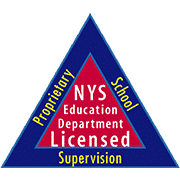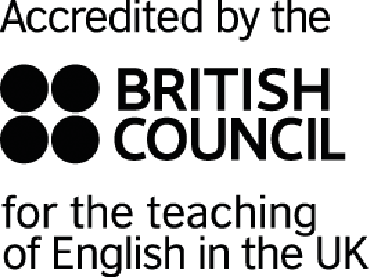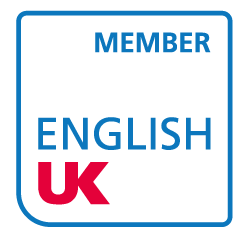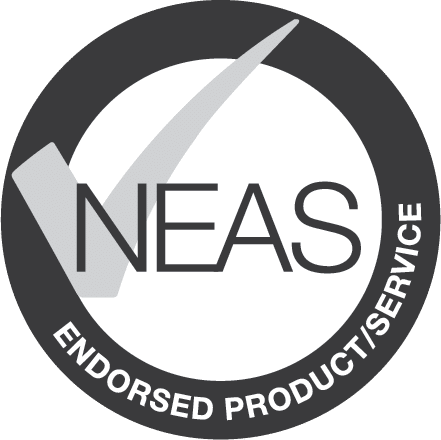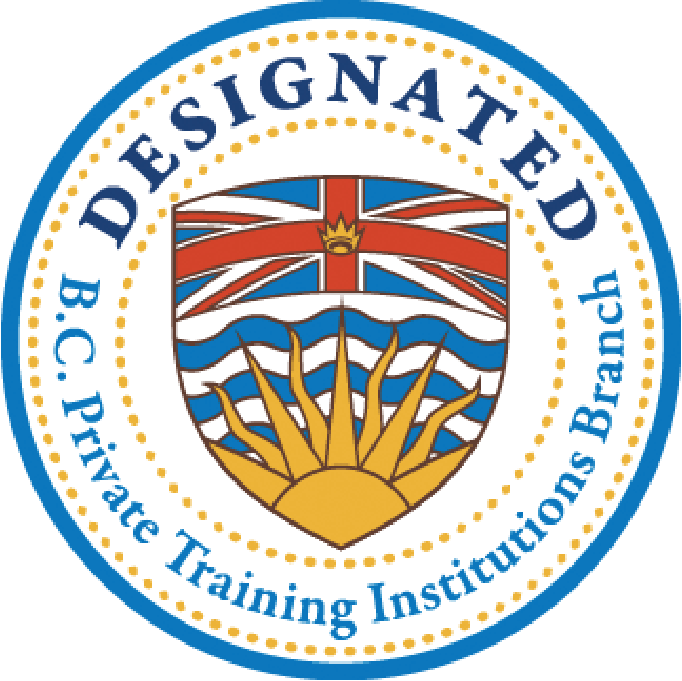Whether you’re looking to improve your conversation skills, advance your career, or prepare for university studies, understanding the differences between these two approaches will help you make the best decision for your English learning journey.
Learning English is one of the most valuable skills you can develop in today’s connected world. But with so many options available, how do you choose between online and offline English classes? Both formats offer unique advantages, and the right choice depends on your lifestyle, learning preferences and goals.
Why choose an online English-speaking course?
Online English learning has transformed how students around the world access quality education. With online English courses, you gain the freedom to learn from anywhere, while maintaining your daily routine.
Flexibility that fits your life The biggest advantage of online English classes is flexibility. You can schedule lessons around your work, family commitments or other studies. Whether you’re an early bird who prefers morning sessions or a night owl who learns best in the evening, online courses adapt to your schedule.
Access to global expertise Online platforms connect you with experienced teachers from around the world. You can choose instructors who specialise in your specific needs, whether that’s business English, IELTS preparation, or conversation skills.
Personalised learning experience Digital learning platforms often provide personalised lesson plans that adapt to your progress. You can repeat difficult sections, move quickly through familiar material and focus on areas where you need the most improvement.
Cost-effective learning Online courses typically cost less than traditional classroom-based programmes. You save on travel expenses, accommodation and other costs associated with attending physical classes.
Diverse course options From General English to specialised programmes like English for Care or Trinity CertTESOL qualifications, online platforms offer a wide range of courses that might not be available in your local area.
Enhance Your English Skills with Oxford International
Learn More
What makes offline English courses different?
Traditional in-person English classes offer a different kind of learning experience that many students find invaluable.
Face-to-face interaction Nothing replaces the energy of a real classroom. You can practice conversation with classmates, read body language and engage in group activities that build confidence in real-world situations.
Structured learning environment Physical classrooms provide a dedicated space for learning, free from home distractions. This structured environment helps many students stay focused and motivated.
Immediate feedback Teachers can provide instant correction and guidance during activities. They can spot pronunciation issues, body language and other subtle aspects of communication that might be harder to address online.
Social learning experience Classroom settings create opportunities for friendship and cultural exchange. You’ll meet students from different backgrounds, practice English in social situations and build a support network.
Comprehensive social programme Offline courses often include activities that are difficult to replicate online, such as group presentations, role-playing exercises and collaborative projects that develop teamwork and communication skills.
Online vs offline English classes comparison
| Feature | Online English Courses | Offline English Courses |
|---|---|---|
| Flexibility | Study anytime, anywhere | Fixed schedule and location |
| Class size | Often smaller groups or 1-on-1 | Up to 18 students per class |
| Interaction | Digital communication tools | Face-to-face conversation |
| Cost | Generally more affordable | Higher cost including travel |
| Course Variety | Wide range of specialised courses | Standard programmes with electives |
| Technology | Requires good internet connection | Minimal tech requirements |
| Learning pace | Self-paced options available | Group-paced learning |
| Social experience | Limited social interaction | Rich social programme |
| Teacher access | Scheduled sessions | Immediate classroom support |
Which English-speaking course is best for you?
Choosing between online and offline English classes depends on several personal factors:
Choose an online English course if you:
- Have a busy or unpredictable schedule
- Live far from quality English schools
- Prefer learning at your own pace
- Are comfortable with technology
- Want access to specialised courses
- Need to balance studies with work or family
Choose an offline English courses if you:
- Thrive in social learning environments
- Want immediate teacher feedback
- Prefer structured, scheduled learning
- Enjoy group activities and discussions
- Can commit to regular class attendance
- Want to experience local culture while studying
Consider your learning style Visual learners often do well with online platforms that offer multimedia content, while kinaesthetic learners might prefer the hands-on activities of traditional classrooms. Auditory learners can benefit from both formats, depending on their preference for digital audio or live conversation practice.
Our specialised online English courses
Oxford International Digital Institute offers a comprehensive range of online courses designed to meet diverse learning needs:
Professional development
- English for Care:
Perfect for healthcare workers who need specialised vocabulary and communication skills - Business English Course Online:
Develop professional communication skills for the workplace - Diploma in Adult Social Care:
Combine English learning with professional qualifications
Academic preparation
- IELTS & Cambridge Exam Preparation:
Achieve the scores you need for university admission - Oxford ELLT Preparation:
Prepare for Oxford’s English Language Level Test with expert guidance - Pre-Sessional English:
Build academic skills alongside language development
Teaching Qualifications
- Trinity CertTESOL:
Start your career in English teaching with this internationally recognised qualification - Trinity DipTESOL:
Advanced qualification for experienced teachers
General Skills Development
- General English:
Build fundamental skills in reading, writing, listening and speaking - English for Juniors:
Age-appropriate courses for young learners
Each course combines expert instruction with flexible scheduling, allowing you to progress at your own pace while receiving personalised support.
Why Choose Oxford International English?
With over 30 years of experience in international education, Oxford International offers both online and offline learning solutions backed by:
Proven excellence
- British Council and ISI accreditations
- Over 500,000 students served globally
- 50,000+ students studying with us annually
- University partnerships across the UK, Canada and the USA
Expert teachers Our qualified instructors bring decades of experience in teaching English to international students. Whether online or in the classroom, you’ll learn from professionals who understand your challenges and goals.
Comprehensive support From your first inquiry to course completion, our team provides guidance and support. We help you choose the right programme, navigate technical requirements and achieve your learning objectives.
Flexible options Can’t decide between online and offline? Many students combine both formats, starting with online courses and transitioning to in-person intensive programmes, or vice versa.
Frequently asked questions (FAQs)
Q. What are the benefits of online English-speaking classes?
A. You get the freedom to learn anytime and anywhere, personalised lessons, expert teachers from all over the world and affordable pricing. Online courses also offer a wide variety of specialised courses that might not be available locally.
Q. Are in-person English courses better than online?
A. Both have their advantages. Offline classes give you live interaction, immediate feedback and a structured environment with social activities. Online courses offer flexibility and personalised pacing. It depends on what works best for your lifestyle and learning style.
Q. Can I improve my business English through online courses?
A. Yes. Our Business English Course Online is designed specifically to help you communicate effectively in professional settings, covering everything from email writing to presentation skills.
Q. How flexible are the online courses?
A. Very flexible. Many courses allow you to choose your own study times and move at a pace that suits you. Some offer live sessions at various times, while others provide recorded content you can access anytime.
Q. Do you offer offline courses as well?
A. Yes, we offer small-group offline courses with experienced teachers for learners who prefer face-to-face interaction. Our General English programmes include morning, afternoon, semi-intensive and super-intensive options with engaging social programmes.
Q. Can I switch between online and offline courses?
A. Absolutely! Many students start with online courses and then join our intensive in-person programmes, or begin with classroom learning and continue with online courses. We’re happy to help you create a learning path that evolves with your needs.
Q. What technology do I need for online courses?
A. You’ll need a reliable internet connection, a computer or tablet with camera and microphone capabilities and basic software that we’ll help you set up. Our technical support team assists students with any setup questions.
Ready to begin your English journey?
Still deciding between online and offline classes? Discover the course that matches your lifestyle and start learning with us now. Your English journey starts here – choose the format that works best for you and unlock new opportunities.
No matter how you choose to study – online or in the classroom – you’ll get expert guidance and real progress. Enroll today and see the difference quality education makes in achieving your goals.
Published on – 22nd October 2025

The Oxford International English Schools Team
The OI English Schools Team brings together experienced educators, academic leaders, global learning specialists, and marketing team specialists dedicated to helping students achieve language excellence across our 9 global English Schools in the UK, Canada, the USA, and Australia. With over 34 years of English language education expertise, supporting 317,000+ students worldwide, our mission is to help students learn English with confidence through innovative, real-world learning experiences and cultural immersion that empower our learners to achieve their dreams.







